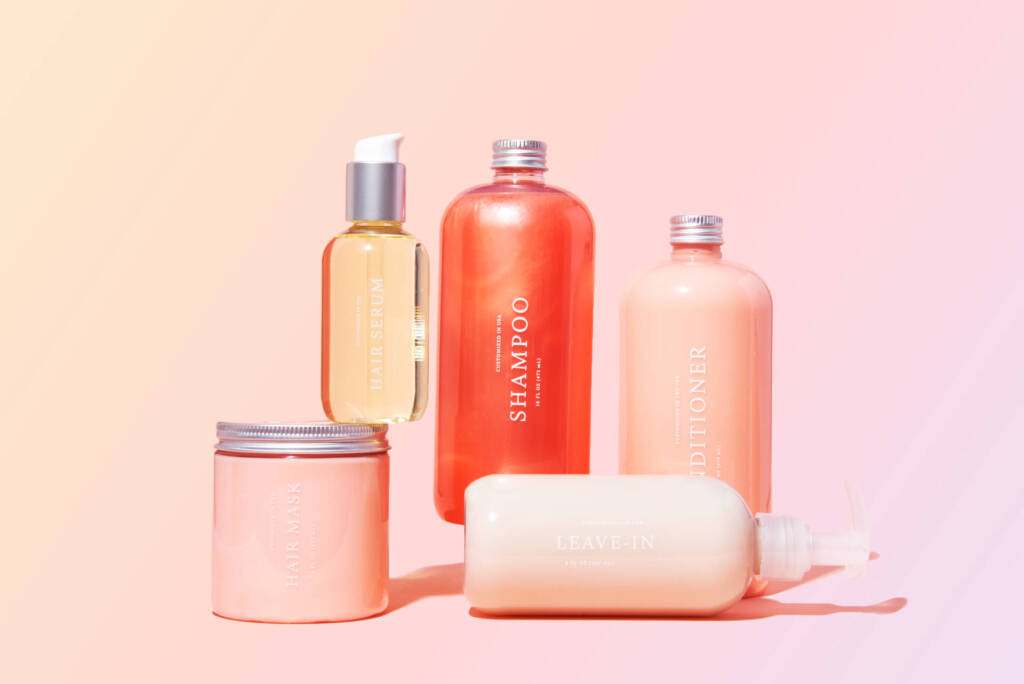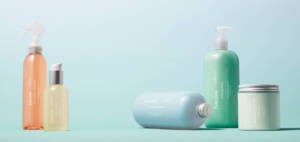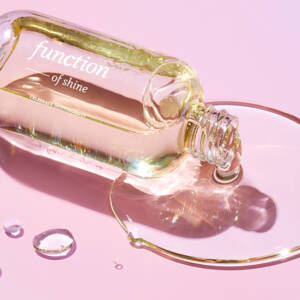More On That is a series that takes a deeper dive in getting to know our industry partners through 5 (in this case more!) questions. We talk collabs, careers, care, beauty, and you guessed it– more.

We’ve been hanging our hats on the fact that custom care is undoubtedly better than something made to fit “everyone’s” needs. But the truth is, you might not be sold on whether or not your skin is that unique, or if custom products are actually worth it. We know what you’re thinking– “you’re biased!” Fair enough. To keep things as real as possible, we asked Caroline Robinson, MD, FAAD, board-certified dermatologist and founder of Tone Dermatology, about the serious benefits of custom.
function: How different is people’s skin, really? AKA on average, from one person to the next.
dr. robinson: So, genetically, everyone’s skin is very similar. That means that on the level of our DNA, the components that make up our skin are the same for all of us. What’s different is skin type, skin sensitivity, and the changes in both of those that we experience within our lifetimes. And those differences can span a pretty wide spectrum.
function: So even people who might classify their skin as being in the same skin type might have completely different sensations and needs?
dr. robinson: Yes! Even within the categories of ‘skin type’ you might be used to seeing, like normal, dry, and very dry, there are nuances in the ways our skin behaves and how sensitive it is. There are so many layers of complex factors that inform our skin decisions.
function: Okay now that we know you’re on board- what excites you most about the questions on our quiz?
dr. robinson: The skin goals. I was looking at some of the ingredients added for specific goals and it stood out to me that so many are non-irritating. Ingredients you use like Panthenol do hard work without being overly strong. There is a misconception that you’re not treating your skin powerfully if you’re not exfoliating or seeing redness or peeling– that’s not the case. Squalane is great because it’s already naturally found in sebum (skin’s natural oil) so your skin recognizes it. I’m a big proponent of treating and specifically hydrating skin with ingredients its naturally compatible with and products itself.
function: So in general, to answer that question, is custom skin care actually beneficial?
dr. robinson: The goal is always custom care. Because not only are our skin types different but our skin preferences and skin goals are all different and our skin is always changing as we age. Something that works for someone really really well might not work for you at all. So we can’t rely on what works for anyone but you.
function: On that note, what are some important skin stages in our lives? Are they seasonal? Age/lifestyle-based?
dr. robinson: Time of year and location impact what I’d recommend to even the same patients, so definitely those. But I’m talking about two main changes that come with age: the change in our ability to hold on to moisture and our hormone shifts. Re: hydration, the type of cleansing and moisturizing we do as we get older has to change, because our skin becomes drier than it once was. Hormones also impact hydration. As women move towards menopause it changes our sebum, changes our skin quality, fine lines and wrinkles. The same goes for our cycles changing throughout our lives and the hormonal changes that come with contraception. Our skin microbiome is always changing. There’s a misconception that oily skin that looks overly hydrated should prevent you from using moisturizer. But the opposite is actually true– the skin will just overcompensate without moisturizer and produce more oil to make up for it. Moisturizing is essential for skin health, it’s all about choosing the right product instead of skipping the step.
function: That’s funny because I feel like a lot of people make their skin care choices based on tradition– like a product that their mom has always sworn by that they take on as being the best. But this person may have very different skin than their parent and regardless, they’re a different age and they have changing skin! So my last question was: what ingredients in our custom skin care line excite you the most in combating some of these skin stages? But maybe what we’ve decided here is there is no one exciting ingredient because we have to be subjective about it. Any thoughts?
dr. robinson: Well first of all, I like that you guys have considered air pollution. It can have a big effect and it’s often not considered as often as it should be. So I like the cherimoya extract and hydroxytyrosol for that skin goal. I think we’re going to be hearing a lot more about this as people start to realize that a lot of external factors impact their skin– it’s not just the stuff they put in their bodies and on to their skin. To answer this generally, I’m a big fan of non-trendy ingredients. I think the space makes a lot of noise around trendy ingredients that are glorified without working hard. Sometimes the best are the least exciting sounding, and like I mentioned earlier already naturally found in the skin. I think a lot of your base ingredients do that.






